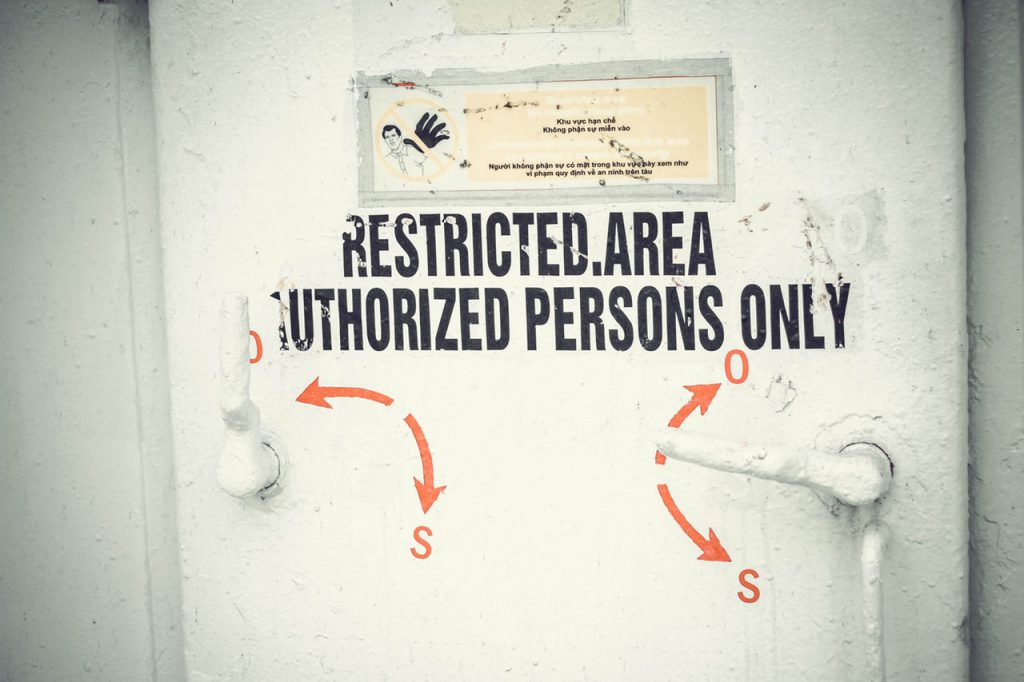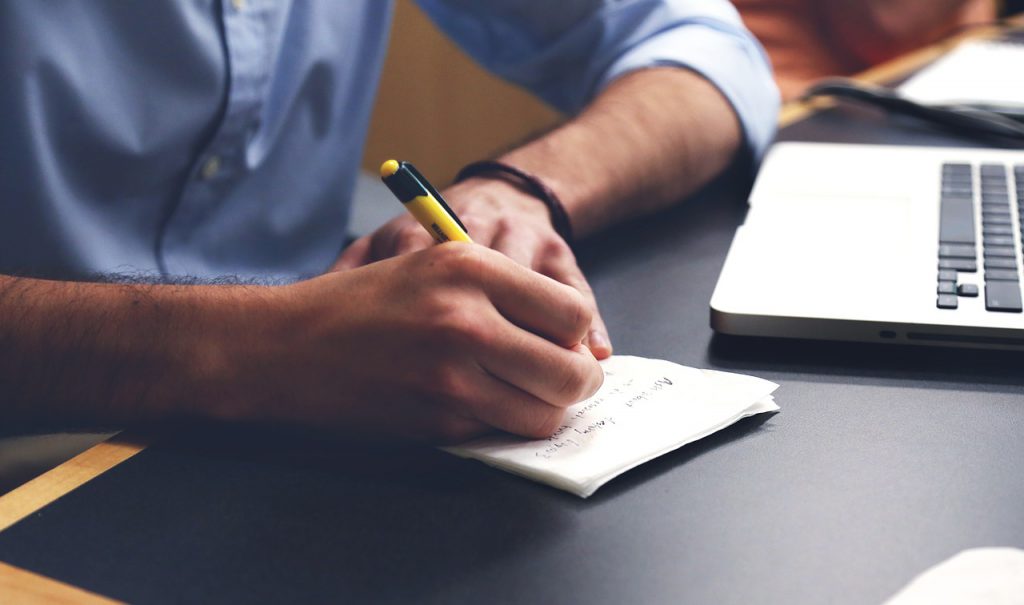
With the rise of cybercrimes in the recent months, there’s only so much that the regular user can do to keep himself/herself protected. Passwords have been here ever since we’ve started using accounts for anything: bank accounts, social media platforms, and emails. It’s the first line of defense against any threat, and strengthening it is one of the most important and accessible safety measure that anyone can do.
With that in mind, here are 7 basic tips in creating and using passwords:
1. Have a complicated password

This might sound cliché but having a strong password is the first line of defense from data breaches. There’s a big difference between an account with a qwerty password and an account with a Luckyd0gpot@to1989 password. According to Entrepreneur, around 40% people are hacked every year and most of it is caused by a weak password — a huge chunk that can otherwise be easily avoided if users can get more creative with their passwords.
However, just make sure that you can remember thankyouharambe001 the next time you log in to your social media account. Make sure to make it strong enough to block hackers but manageable enough to, you know… not block you.
2. Never recycle passwords

It’s one of those things that many are guilty of. Reusing passwords is one of the most convenient ways to easily manage a lot of accounts. If you have 10 accounts on different platforms then it does make sense to just use one, super complicated password to tie them all, right?
Well it is easy for the user… and for the hackers as well.
If all it takes is one password to access all your accounts, it also means that the hacker only has to crack that one password to access all of your accounts. Avoid this by making each password unique. Try to add variety with each password and make sure that there’s little to no similarity between among them.
3. Change your passwords regularly

Aside from using unique passwords, changing them regularly also adds a lot of layers to your overall cybersecurity posture. Some cyber criminals wait for an optimal time before doing an attack. Regular password changing helps a lot in keeping attackers on their toes. It also removes any pattern that professional hackers are basing their movements on.
All in all, a healthy habit of updating your password goes a long mile in keeping your accounts secured.
4. Don’t use words related to you

Don’t use obvious words for security questions. Your first car model, first school, your first job, and your dog’s name are all items that can be directly lead to you and are very easy to track these days. When faced with a security question, a hacker can just web search your credentials and voila, security question bypassed. Thanks to Hubert the Pug you had back in childhood.
In addition to this, it’s also best to avoid putting personal information on social media accounts such as birthdays and other sensitive information. Just keep in mind that each detail you put on the web is another material for hackers to use.
5. Monitor your privacy settings

A lot of social media and communication platforms update their privacy settings regularly. It’s best to keep track of them at least and to check your settings to avoid any surprise compromises to your account.
Keeping yourself updated at least once a month or every major update in all of your accounts’ settings pays off in keeping your digital presence secured and protected.
6. Enable multiple steps of authentication

Different platforms now adapt multiple levels of authentication. For example, Office 365 connects with your mobile phone and sends you text messages for verification every time you log in using different networks. There are also platforms that use second passwords and pins just to add another layer of protection.
Sadly, most people take these crucial security measures for granted and just resort to the good old 12345 for secondary authentications. Don’t be that guy; use multiple authentications to their full potential.
7. Stop storing passwords

Basically because of two things: (1) browser data is much more accessible, and (2) you will tend to rely on auto log-ins resulting into forgetting your passwords in the long run. It’s obviously convenient to tick that “remember my password” box especially if you are managing many accounts, but please, resist the urge. Keeping a healthy habit of manually typing your passwords not only protects you from a potential security hole (browser data), but also allows you to exercise your memory and keep yourself from forgetting your passwords all the time.
All in all, these are just basic steps for keeping your accounts and digital experience secured. Take it to the next level by subscribing to Tech One Global and keeping yourself updated.







